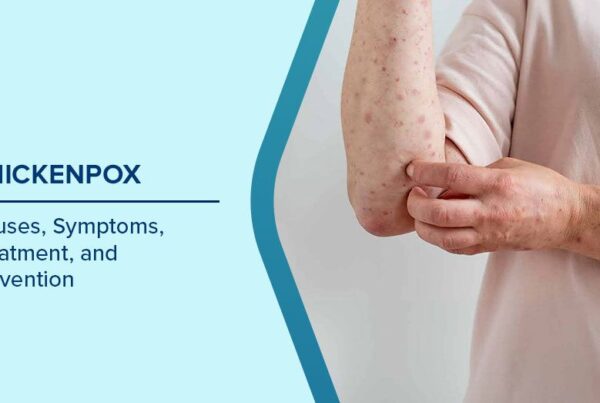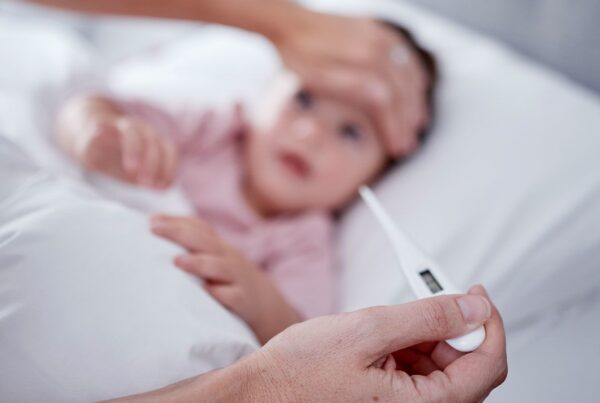Water-borne diseases, such as cholera, typhoid, hepatitis A, and diarrhea, are caused by consuming or coming into contact with contaminated water. These illnesses are common in areas with poor sanitation, especially during rainy seasons or after natural disasters. Fortunately, most water-borne diseases are preventable with proper hygiene and safety practices.
To prevent infection, always drink clean, safe water. Use boiled or filtered water for drinking, cooking, and brushing teeth. Avoid consuming food or drinks prepared with untreated water, especially from street vendors. Wash fruits and vegetables thoroughly with clean water before eating.
Proper sanitation and hygiene are essential. Always wash your hands with soap and clean water, especially after using the toilet and before handling food. Ensure toilets and waste disposal systems are well maintained to avoid contamination of water sources.
When traveling to areas with uncertain water quality, carry bottled water and avoid ice cubes in drinks. Educating communities about water safety and sanitation can also help prevent outbreaks.
Clean water saves lives. By following simple precautions, individuals and communities can protect themselves from water-borne diseases and enjoy better health. Prevention is not just personal—it’s a shared responsibility for public well-being.




